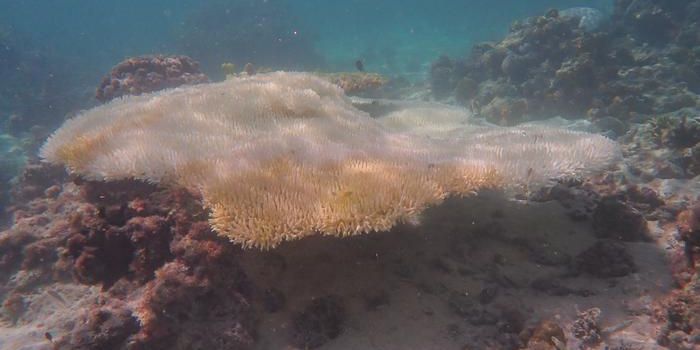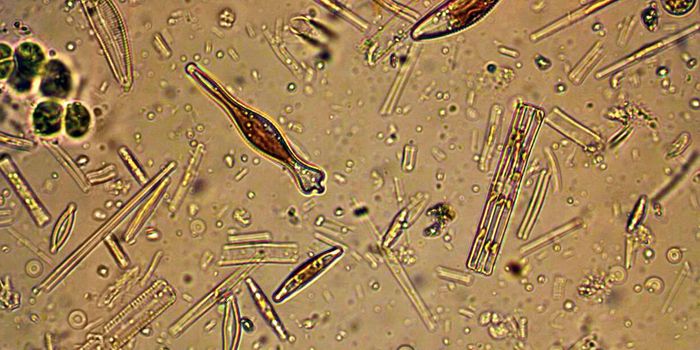Beluga Whales Dive Deeper and Longer for Food Amid Sea Ice Loss
You’ve already heard the stories about how sea ice loss impacts polar bears in the Arctic, but have you heard the one about beluga whales?
Image Credit: Pixabay
A new study published in the journal Diversity and Distributions by University of Washington researchers notes how Arctic ice loss could be impacting how Chukchi beluga whales hunt for prey.
In particular, it seems they have to dive deeper and for more extended periods of time just to find food. The researchers reached this conclusion after analyzing two spurts of beluga whale tracking data captured between both 1999-2002 and 2004-2012.
"I think this paper is novel in that we're presenting some of the first indirect effects of sea ice loss for an Arctic whale species," elucidated study lead author Donna Hauser from the University of Washington’s Polar Science Center.
"As changes in sea ice affect oceanographic properties, that could be affecting the distribution, abundance or species composition of prey for belugas."
Related: Habitat loss for Arctic polar bears isn't getting any better
During the first bout of data from 1999-2002, the researchers noted diving depths averaging 50 meters for approximately 20 minutes once per day. The second bout of data from 2004-2012, on the other hand, revealed diving depths averaging 64 meters for the same amount of time, but three times per day instead of once.
The study underscores how melting sea ice, driven by climate change, continues to worsen with time and how it could be impacting beluga whale prey behavior. In turn, beluga whales are modifying their hunting habits to survive. According to the researchers, this may have a negative impact on the whales’ bodies.
"Reduced sea ice cover over a longer period of time over the summer could mean improved foraging for belugas," Hauser continued. "But it's also important to recognize these changes in diving behavior are energetically costly."
Related: A link between the Northern lights and whale beachings?
Notably, more research is needed to fully understand how this change in hunting behavior impacts beluga whale health. But if it’s in any way comparable to how narwhals react to highly-stressful deep ocean dives, then it could be somewhat alarming.
Source: University of Washington









